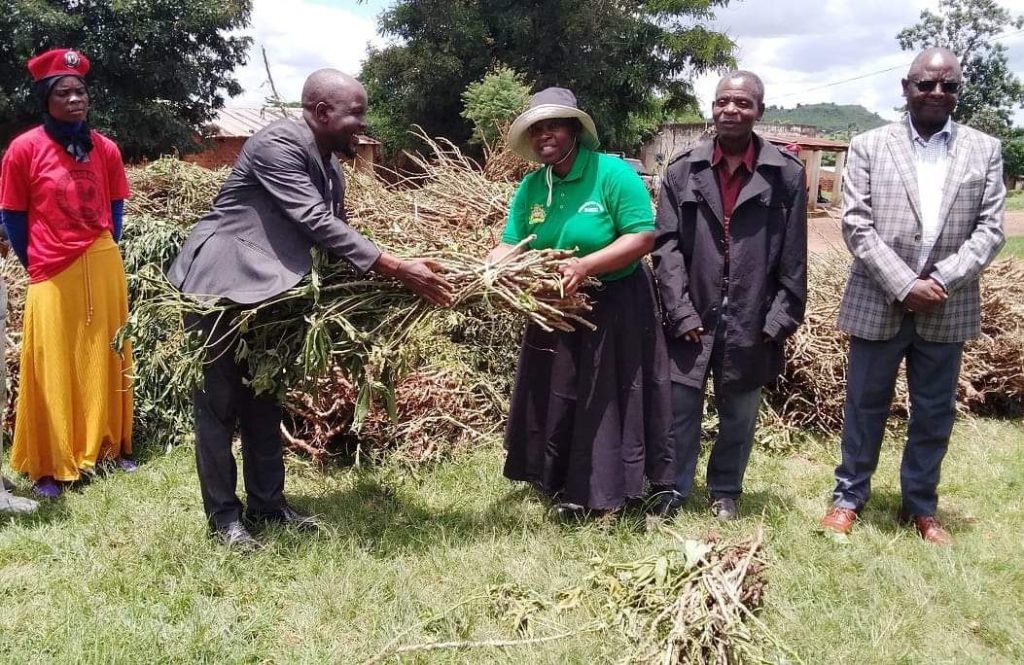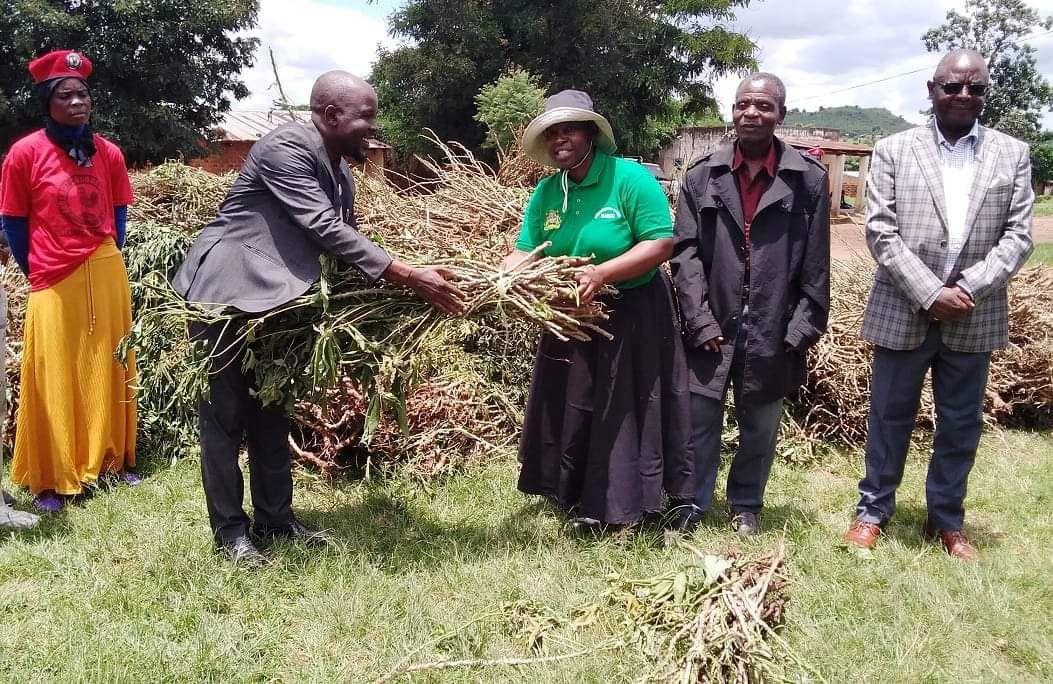By Steve Chirombo
Member of Parliament (MP) for Dedza North, Savel Kafwafwa, has emphasized the need for more cassava farming interventions to ensure a household has food throughout the year.
Kafwafwa made the remarks when he led distribution of cassava cuttings to over 500 households at Senior Chief Tambala court in Dedza district on Monday.
He said hunger has been the story of each passing day in the area hence his intervention to ensure a more sustainable means of ensuring that households have something to eat every day.
“If you listen attentively, you will notice that the hunger stories are almost the same year in year out. And I thought it is now time to consider some more sustainable means because maize is more demanding. One needs new inputs every season,” he said.

The MP added that maize farming is weather sensitive such that if anything changes in terms of weather, people suffer while cassava farming survives any weather and keeps multiplying itself thereby benefitting others in the process.
The Dedza North legislator, who pumped in K1.5 million for the intervention, further said both weather and soil in the area favour cassava growing and that it is his vision to make the constituency famous for cassava growing.
Senior Group Village Headman Chibwana Mlozi, who is also Senior Counselor for Senior Chief Tambala, said hunger situation in the area is dire, adding, unlike in the past when people relied on mangoes and other fruits, communities are currently hands tied.
He hailed the MP for the strategy, saying it diversifies farming methods in the area and that any family that does not heed the call risks being disciplined.
Some of the beneficiaries, Manuella Thomas and Mussa Kausa, expressed gratitude at the initiative, saying cassava farming does not need much and is a great relief when it comes to hunger. They both promised to multiply the stems so that others also benefit from the same.
Dedza District Principal Agriculture Officer Lana Chikonkheni said currently, 15 percent of the households in the district are facing hunger. She, however, said the families have coping mechanisms; for example, doing some casual labour or being assisted by their neigbours which she said are not sustainable ways.
“One of the sustainable ways is what we have witnessed today where hundreds of families have received the cassava cuttings. Naturally, these do not need much labour which will be simple for families that are run by females or child headed.
“This initiative will go a long way in improving welfare of the households in the area and Dedza as a whole because the tuber itself can be sold, so too are the stems and the leaves. On top of that, these are hybrid; something that gives us an assurance that within six months, communities here will start harvesting,” said Chikonkheni.



